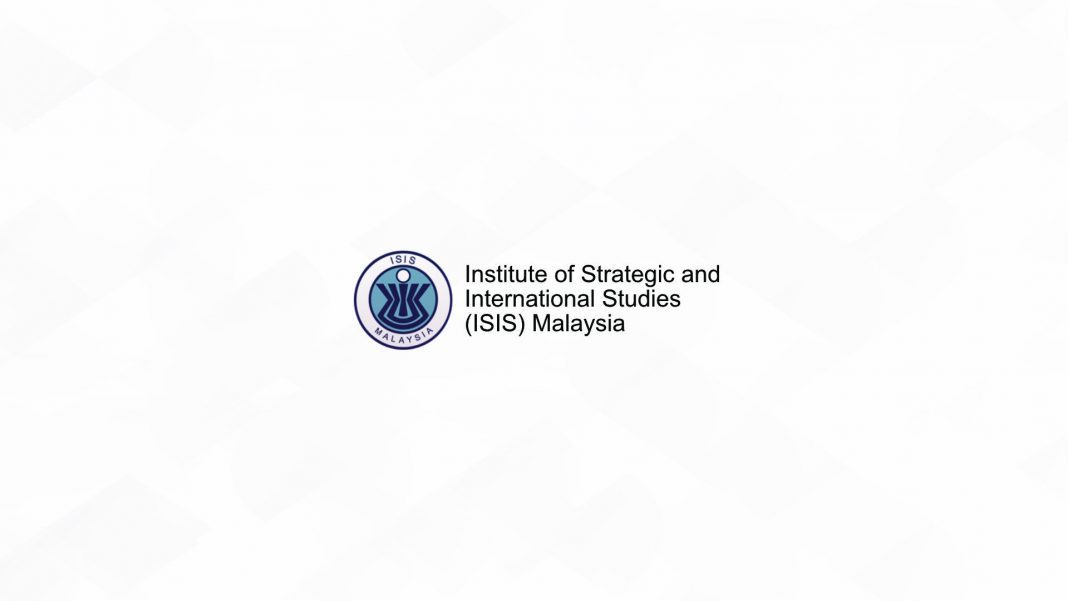A WEEK into 2020 and we are already witnessing a possible war in the Middle East, between an unpredictable United States president and a defiant Iran leadership. Questions have arisen as to why the US took such aggressive measures, and local footage has shown immense support for a retaliatory response by Iran.
Indeed, Iran’s fired strikes at US airbases in Iraq on Tuesday was “legitimate self-defence”, as stressed by its Foreign Minister Mohammad Javad Zarif. The extent to which developments between the US and Iran could affect Malaysia would largely depend on statements that have been made and will be made by Prime Minister Tun Dr Mahathir Mohamad.
The implications would be twofold — foreign and domestic repercussions. All eyes have been on Malaysia-Saudi relations since the lead-up to the Kuala Lumpur Summit (KL Summit) last month.
Riyadh’s requests to cancel the summit and Pakistani Prime Minister Imran Khan’s last-minute decision not to attend — despite having devised the summit with Dr Mahathir — have been telling of negative Saudi perceptions of Putrajaya.
Against this backdrop, Dr Mahathir’s statement that the assassination of Iranian general Qasem Soleimani is equivalent to the murder of Saudi journalist Jamal Khashoggi could further risk fuelling tension between the two. These developments are taking place against the ongoing proxy war in the region between Saudi Arabia and Iran and its allies.
Traditionally, Malaysia has always had a straightforward foreign policy of being friends with all and enemy of none. This has been tested time and again by the ongoing US-China rivalry, which has only worsened over the last year with the trade war. Malaysia has gone to great lengths to avoid taking sides and continues to caution against any pressure from both to do so.
A similar scenario could be in the pipeline for Malaysia, in terms of its relations with Saudi Arabia and Iran, as tensions escalate in the Middle East. Indeed, it is unsurprising that reports have likened Dr Mahathir’s Soleimani-Khashoggi statement as support for Iran.
This is further reinforced by his call for Muslims to unite following Soleimani’s assassination. Dr Mahathir’s push for Muslim unity could be perceived as just another way Malaysia is trying to replace the Organisation of Islamic Cooperation (OIC) and its leadership, which is what the Saudi narrative has accused Putrajaya of doing due to the attendance of its traditional rivals Iran, Qatar and Turkey at the KL Summit.
Dr Mahathir, however, has clarified to Saudi Arabia’s King Salman Abdulaziz Al Saud that the summit was not intended to create a new bloc to replace OIC. Reportedly, Pakistan Foreign Minister Shah Mehmood Qureshi also denied the speculation.
Given the presence of Iranian President Hassan Rouhani at the summit, would there be further expectations from Teheran? What could Teheran do to garner Malaysian support? These questions are worth pondering over to help frame Malaysia’s foreign policy in the Middle East for the coming decade.
Domestically, there are implications to note. One is the possibility of a Saudi reduction in Malaysia’s quota for the haj. Religion has and will always be sensitive in Malaysian politics, and so any issue with regard to it must be communicated clearly and delicately to avoid pushback. It is worth noting that there are conflicting feelings among Malaysians on US President Donald Trump’s assassination of Soleimani and Iran’s retaliatory attacks.
These range from condemnation of the US’ actions to questions among the Muslim narrative as to why Malaysia is picking a fight with Saudi Arabia, a country that is seen as a guardian of Islam.
There may even be pressure on Malaysia to comment on the Uighurs in Xinjiang, particularly if the narrative is to indeed protect and defend the ummah, as was the case with the Bosnians, Palestinians and Rohingya. This comes at a time when it seems like Malaysia could be losing favour with powers such as the US, India (over its citizenship law and developments in Kashmir) and now Saudi Arabia.
Moving forward, what role can Malaysia play in de-escalating the US-Iran situation? 2020 is an important year for Malaysia, one that has been embedded in our minds as a cornerstone of our development. But development also includes leadership, and this is Malaysia’s opportunity to play a mediating role first and foremost by continuing to call for Muslim unity on both sides to prevent tension from further escalating in Muslim countries.
It is worth remembering that there was an agreement between the Barack Obama administration and Iran. This simply shows that both sides can cooperate and that a solution is not as impossible as it may currently seem.
As stated by Dr Mahathir multiple times at the United Nations General Assembly, war must never be the answer to a conflict. I would like to think that we are capable of coming to a peaceful resolution no matter the situation.
This article first appeared in the New Straits Times on January 10, 2020





